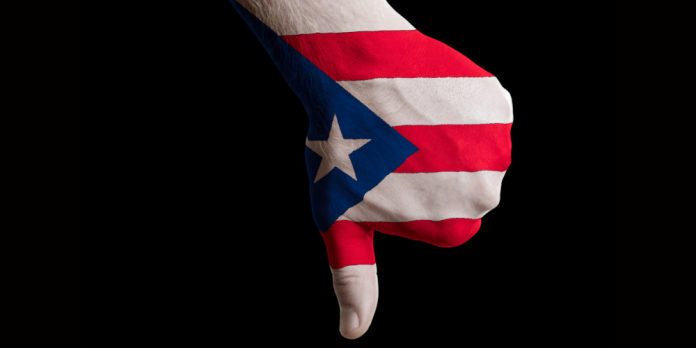Despite having announced that Puerto Rico would begin taxing slot machines, the country’s government will not do so at least until the legal process that defines the rules of the Gaming Commission is completed.
Due to a decision of the Court of First Instance of San Juan, the law that regulates the system that interconnects slot machines was annulled. This regulation also allows the commission to control the licenses.
According to El Vocerom Orlando Rivera, executive director of the Gaming Commission, this process “is slowing down the economy of the country”, since the payments related to licenses allow the Government to collect around $30m annually.
The Court’s decision comes after Electronic Games Inc filed a lawsuit in which the company cited that the regulations exceed the authority of the Compañía de Turismo and are therefore unconstitutional.
However, Compañía de Turismo, the state entity that was in charge of regulating the machines until 2019, explained that it decided to carry out the process to avoid interrupting the services, even when another law was approved to transfer the powers to the Commission.
“If the annulment of the regulations is approved, everything that I have done from January until now will be in vain,” said Rivera. “All licenses that were granted will need to be revoked and we’ll need to start a new process. I was sued and no one has called me, I’ve never seen the judge.”
He added that if the decision is not reconsidered, he will appeal to the Appellate Court.
Rivera also said that regulating slot machines is essential for the government as it would be able to keep a record of their activity and the prizes given to players.
“It’s what we want to implement in order to legitimize the business,” he stated.
This initiative sets that the owners take 67% of the profits, while the remaining 33% goes to the government. The state redirects 50% of its share to police retirement funds, 45% to the municipalities and 5% to the regulator.














